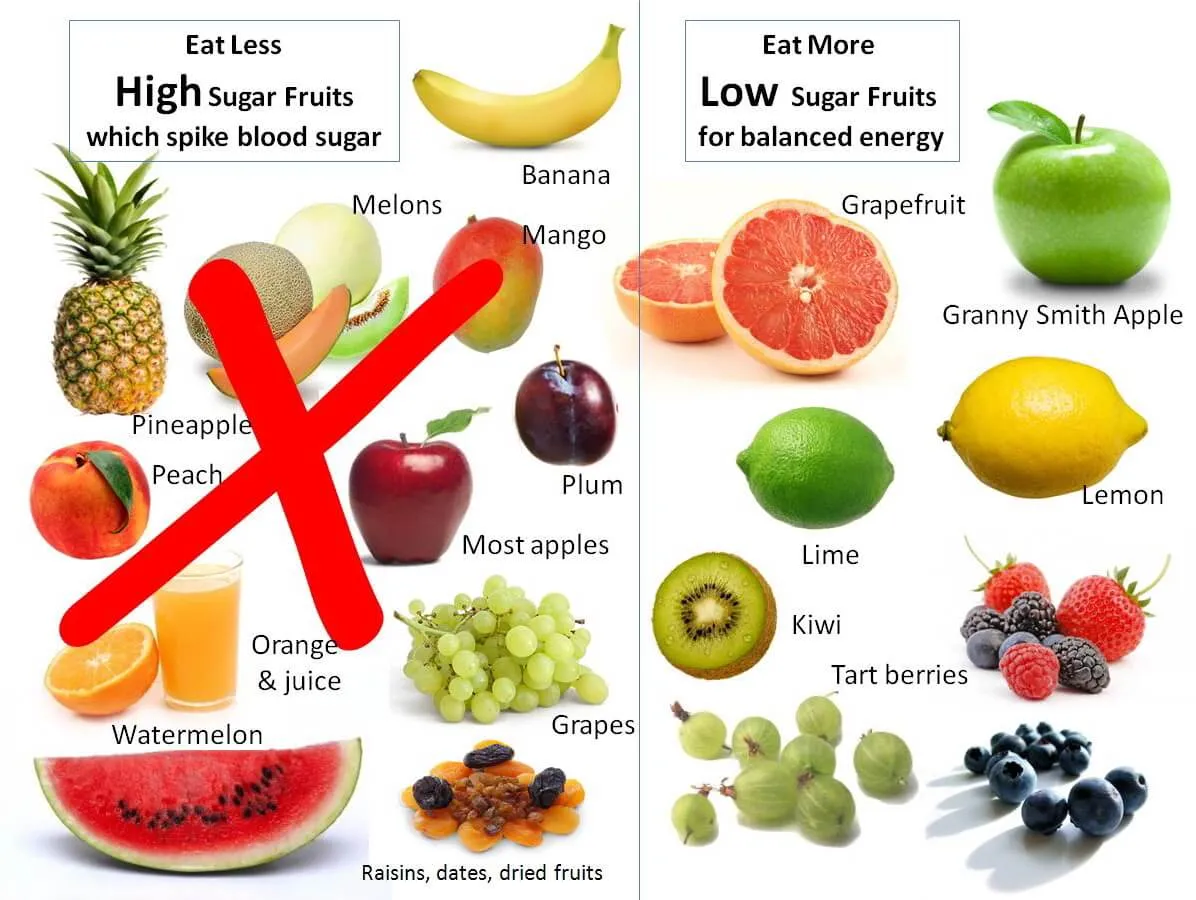The immune system plays a crucial role in protecting our bodies from harmful pathogens, such as bacteria, viruses, and fungi. A strong immune system helps prevent illness and promotes overall well-being. One of the most effective ways to support the immune system is by ensuring you are getting the right vitamins. Let’s explore the best vitamins for immunity and how they contribute to a healthier immune system.
1. Vitamin C: The Immunity Superstar
Vitamin C is arguably the most well-known vitamin when it comes to supporting the immune system. It is an essential nutrient, meaning the body cannot produce it on its own, so we must obtain it from our diet or supplements.
How Vitamin C Works:
Vitamin C is a powerful antioxidant that helps protect cells from damage caused by free radicals. It also stimulates the production of white blood cells, which are key players in the immune system’s defense. White blood cells identify and attack harmful invaders in the body.
Sources of Vitamin C:
- Citrus fruits (oranges, lemons, grapefruits)
- Strawberries
- Bell peppers
- Broccoli
- Kiwi
2. Vitamin D: The Sunshine Vitamin
Vitamin D is another important vitamin for immune health. It helps regulate the immune system by enhancing the pathogen-fighting effects of immune cells. Research has shown that a deficiency in vitamin D can lead to an increased risk of infections, especially respiratory illnesses.
How Vitamin D Works:
Vitamin D helps activate the immune system’s T-cells, which play a critical role in defending the body against pathogens. It also reduces inflammation, which is important for preventing chronic illnesses that weaken the immune system over time.
Sources of Vitamin D:
- Sun exposure (your skin produces vitamin D when exposed to sunlight)
- Fatty fish (salmon, mackerel, sardines)
- Fortified dairy products
- Egg yolks
- Mushrooms exposed to sunlight
3. Vitamin A: The Defender of Mucosal Surfaces
Vitamin A is vital for maintaining the health of the skin, mucous membranes, and the respiratory tract, all of which act as barriers to harmful pathogens. It also enhances the function of T-cells and B-cells, which are essential for immune responses.
How Vitamin A Works:
Vitamin A strengthens the body’s natural barriers, preventing harmful bacteria and viruses from entering. It also supports the production and function of white blood cells, helping the immune system respond effectively to infections.
Sources of Vitamin A:
- Carrots
- Sweet potatoes
- Spinach
- Kale
- Liver
4. Vitamin E: The Antioxidant Powerhouse
Vitamin E is a fat-soluble antioxidant that protects immune cells from oxidative stress and supports the overall function of the immune system. It enhances the production of cytokines, molecules that help regulate immune responses.
How Vitamin E Works:
Vitamin E boosts the immune system by protecting immune cells from oxidative damage and supporting the production of immune system proteins that help fight infections.
Sources of Vitamin E:
- Nuts and seeds (almonds, sunflower seeds)
- Spinach
- Avocados
- Olive oil
- Fortified cereals
5. Vitamin B6: The Immune Supporter
Vitamin B6 is essential for the production of red blood cells and the proper functioning of the immune system. It helps the body make serotonin and norepinephrine, which regulate mood and stress, thus indirectly supporting immunity by reducing stress-induced immune suppression.
How Vitamin B6 Works:
Vitamin B6 supports biochemical reactions in the immune system, particularly in the production of immune cells that protect the body from harmful pathogens.
Sources of Vitamin B6:
- Chicken
- Fish (salmon, tuna)
- Potatoes
- Chickpeas
- Bananas
6. Folate (Vitamin B9): Essential for Immune Function
Folate, or vitamin B9, is crucial for the production and maintenance of new cells, which is important for the immune system’s ability to respond to infections. It works alongside vitamin B12 to produce red blood cells and maintain proper immune cell function.
How Folate Works:
Folate helps produce and maintain new cells, including white blood cells that are essential for immune function. It also plays a role in DNA synthesis, ensuring the proper replication of immune cells.
Sources of Folate:
- Leafy green vegetables (spinach, kale)
- Legumes (lentils, beans)
- Avocados
- Beets
- Fortified cereals
7. Zinc: The Immune System Mineral
Zinc is a trace mineral that is necessary for the development and function of immune cells. It helps regulate the immune response and is involved in the production of proteins needed to fight infections.
How Zinc Works:
Zinc is essential for the activation of T-cells, which are responsible for identifying and eliminating pathogens. It also plays a role in the production of antibodies, which help the immune system recognize and destroy pathogens.
Sources of Zinc:
- Meat (beef, lamb, chicken)
- Shellfish (oysters, crab)
- Legumes (chickpeas, lentils)
- Nuts and seeds
- Whole grains
8. Iron: A Key Mineral for Immune Health
Iron is crucial for the production of hemoglobin, which carries oxygen throughout the body. A lack of iron can lead to anemia, weakening the immune system. Iron also helps with the production and function of immune cells.
How Iron Works:
Iron is necessary for the production of red blood cells, which transport oxygen to tissues and organs. It is also essential for immune cell production, ensuring the body can fight off infections.
Sources of Iron:
- Red meat (beef, lamb)
- Poultry
- Lentils
- Tofu
- Spinach
Conclusion
Maintaining a strong immune system is essential for protecting the body from illness and infection. Ensuring that you are getting the right vitamins—such as vitamin C, vitamin D, vitamin A, and vitamin E—can significantly boost your body’s defenses. Additionally, minerals like zinc, iron, and folate also play crucial roles in supporting immune health.
A balanced diet that includes a variety of nutrient-rich foods is the best way to ensure your immune system is functioning at its best. If you’re concerned about your vitamin intake, talk to a healthcare provider to see if supplements may be necessary. A healthy immune system begins with the right nutrition!




